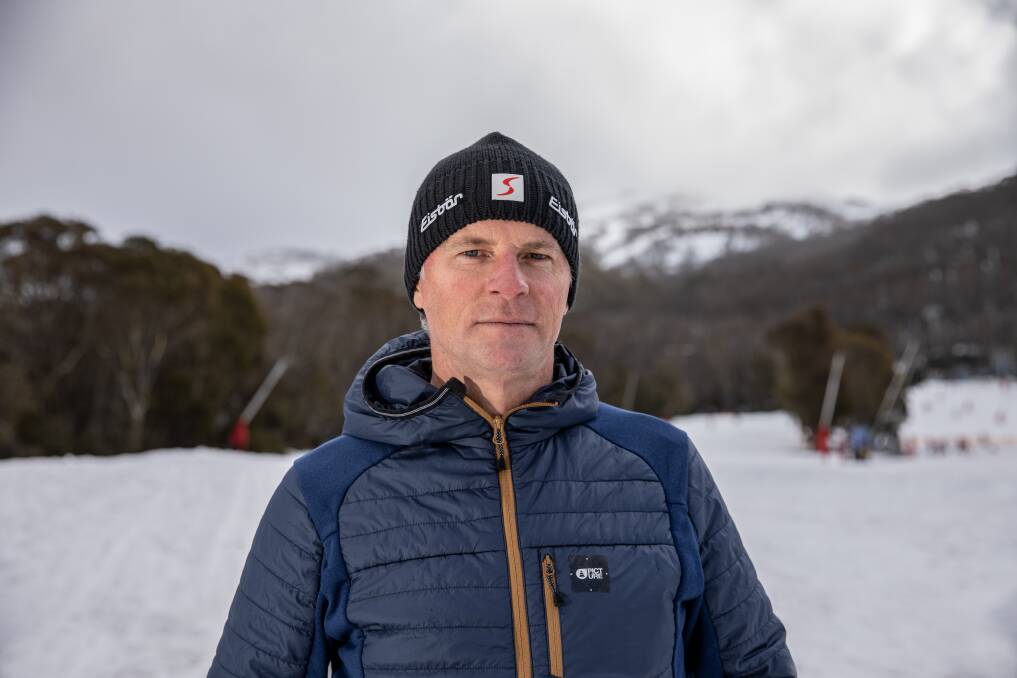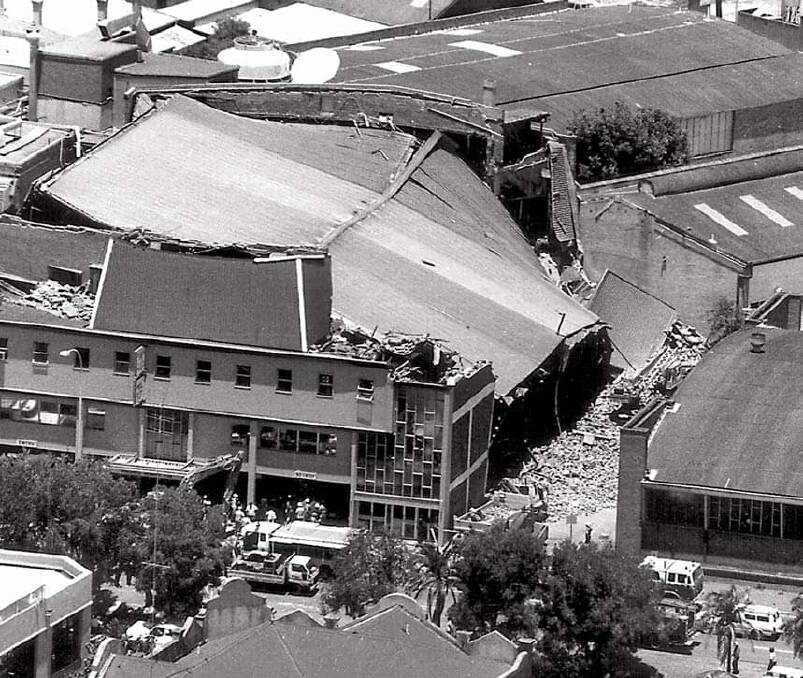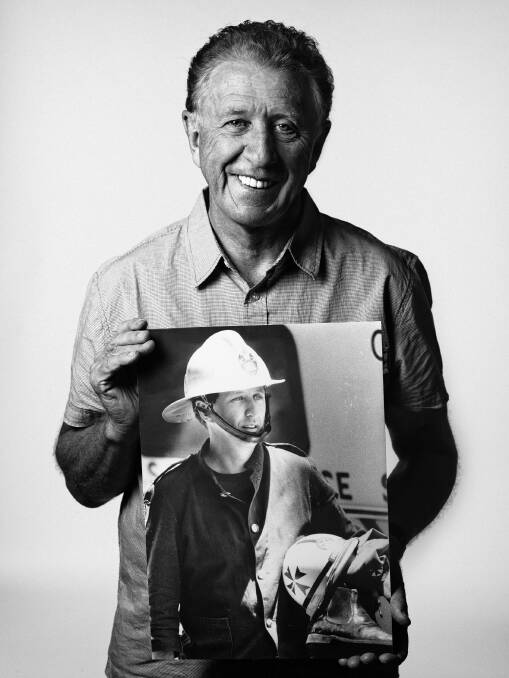
ANYONE living in Newcastle on December 28, 1989 remembers where they were when a sleepy mid-morning was jolted by a 5.6 magnitude earthquake.
Buildings collapsed, 13 people died, 160 were injured and the lives of thousands of Novocastrians, and the city itself, changed forever.
At the time of the Newcastle earthquake, Stuart Diver was a 19-year-old living in Melbourne. Less than eight years later he'd face his own fatal disaster when 2000 cubic metres of earth slid down a mountainside and crushed two lodges at the Thredbo Alpine Ski Resort on July 30, 1997, killing 18 people, including Diver's first wife Sally.
Diver, then 27, was the sole survivor.
Ever since that life-altering experience, the 51-year-old has been fascinated by the stories of survivors and rescuers who experience disaster and how they process the trauma.
That made him the natural host of The Elements podcast series, which explores Australia's most infamous disasters, including Darwin's Cyclone Tracy in 1974, the deadly 1998 Sydney to Hobart Yacht Race and the Black Summer Bushfires of 2019-20.
The latest episode, released this week, focuses on the Newcastle earthquake.
The Elements is the brainchild of Gold Walkley award-winning audio producer Slade Gibson (The Teacher's Pet) and award-winning writer and producer Tim Russell, who asked Diver to host the series.
"It was something that interested me because you can connect with a lot of people through podcasting," Diver tells Weekender from a deserted Thredbo, where he lives and works as the resort's manager.
"I did corporate speaking and all that sort of stuff, but you might talk to 500 to 1000 people, but podcasting, if you're successful, is a really good medium. We're doing some bonus episodes where I sit down with some of the rescuers or people or survivors and just have a round table discussion."
Of the four disasters covered in The Elements, Diver admits the Newcastle earthquake resonates most closely. The reasons are obvious.
Just like the Thredbo landslide, the earthquake's victims at the Newcastle Workers Club and in Hamilton's Beaumont Street were crushed under debris. And just like Thredbo, the stories of rescuers and those that survived have continued to radiate through the decades.

"There's some real physical similarities in that people were buried and trapped under buildings," Diver says. "Whenever that happens anywhere in the world it takes me back obviously to where I was.
"If you look at the rescuers in 1989 and Thredbo in 1997 - Australians we pull together unbelievably in times of tragedy or trauma. Everyone I speak to, there's this disappointment that we can't do that all the time.
"You look at it now, we have a major COVID issue across NSW yet we still have a whole lot of people who are individuals doing whatever they want and couldn't care less about the greater good.
"I look at that and go, we really need to focus. In Newcastle the reason the number of people who lived did live, and same in Thredbo, was because rescuers did such an amazing job and they made some unbelievable decisions."
The Newcastle earthquake episode tells the story of the rescue of Norm Duffy at the Newcastle Workers Club by paramedic Alan Playford, through interviews with Playford and Duffy's son Michael. There's also interviews with Newcastle Museum director Julie Baird, former Newcastle acting police chief superintendent Ian Park and other survivors from the Workers Club.

Diver believes society, given the pandemic, can take valuable lessons from those who've survived or assisted in a major disaster.
"The common theme is, despite what they've been through, bush fires or cyclones, it's all about that they had something to live for," he says. "Whether it was the love of someone or they wanted to get out because they understood how important life was.
"For us at the moment, as a society, we're missing that. We're becoming a little misguided and we're going down wrong paths. This massively materialistic world and how important we look on Instagram is probably not that important.
"If you talk to anyone who's been through any of those tragedies they'll tell you that. There's way more important things in life and that's what draws me to all the individuals in the stories and they're all so different in what they've been through, but there's so many common threads."







